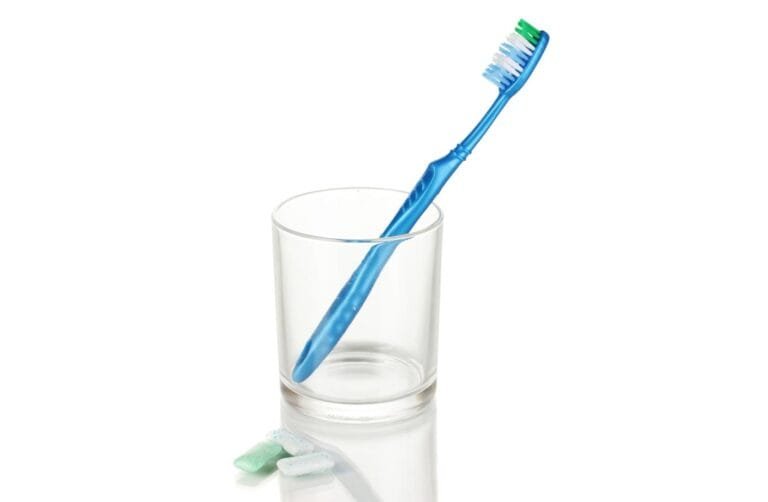Dubai, United Arab Emirates – When we travel, some of us may forget our personal items such as a towel, razor, or toothbrush.
The following question arises: Is it safe to use other people’s tools?
In answer to this question, researchers do not recommend this.
Not just out of hygiene, but because sharing bathroom utensils can transmit serious diseases.
Bacteria, viruses and fungi can live for long periods on various surfaces in the bathroom, such as fabrics, metals and plastic.
Studies indicate that some of these microorganisms can remain active for days, months, or even years.
Towels.. Possible source of skin infection
In an American study on football students, it was found that those who shared towels were 8 times more likely to develop an infection called staph.
They are bacteria that may cause skin rashes or, in rare cases, life-threatening blood rot.
Another study that followed 150 families in which a child was infected with the same bacteria found that sharing towels significantly increased the risk of transmission between family members.
Although it is commonly believed that bathing removes bacteria.
However, the warm, humid environment of the bathroom promotes microbial growth, making sharing personal items more dangerous.
Toothbrush.. Hidden vector of viruses
Sharing a toothbrush is not only an unhealthy habit, but it can also be a gateway to transmitting serious viral diseases such as hepatitis C, especially if the brush causes gum injuries.
Common viruses such as herpes (HSV-1) and Epstein-Barr virus (which causes glandular fever) can also be transmitted through saliva or contaminated surfaces, even if the person carrying the virus does not show symptoms.
Razor blades.. Risk of wounds and warts
Razors are one of the most dangerous tools when involved, due to the possibility of minor wounds that may allow blood-borne viruses to pass through.
In addition to the possibility of transmitting human papillomavirus (HPV), which causes skin warts.
For this reason, dermatologists recommend not sharing razors, towels, or any personal items.
Who is most at risk of infection?
Although the risk in individual cases is relatively low, some groups are more susceptible to infection.
Including: children, due to an incomplete immune system, as well as the elderly, due to a decline in immunity with age, and diabetics.
High sugar levels affect the immune function of those taking immunosuppressive medications, such as cancer patients or after organ transplantation.

















